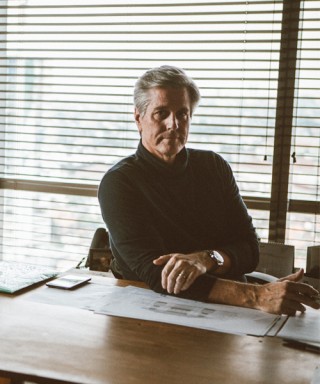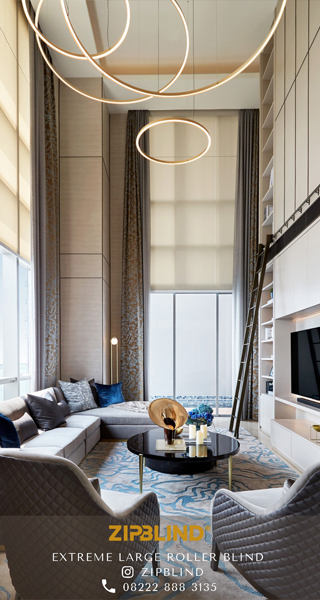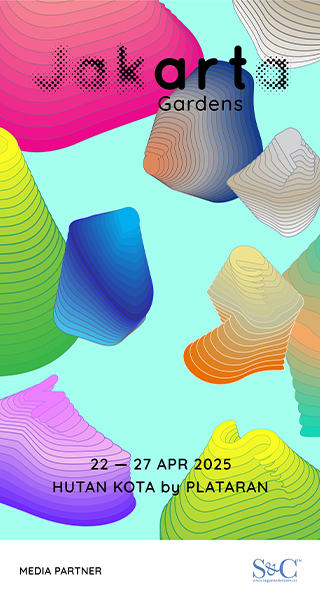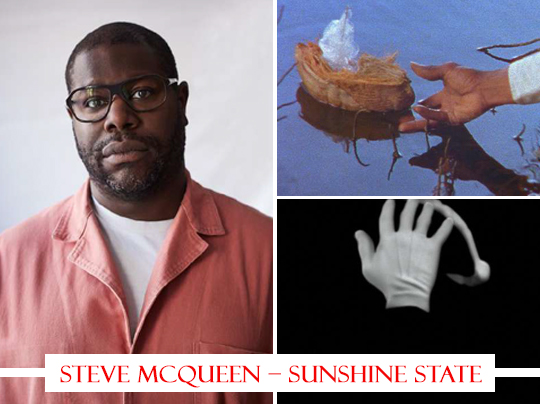
STEVE MCQUEEN – SUNSHINE STATE
Published by Sugar & Cream, Wednesday 13 April 2022
Images courtesy of Pirelli HangarBicocca
Pirelli HangarBicocca In Milan From 31 March – 31 July 2022
Turner Prize winning artist and Oscar winning filmmaker Steve McQueen will present an exhibition at Pirelli HangarBicocca in Milan from 31 March – 31 July 2022.
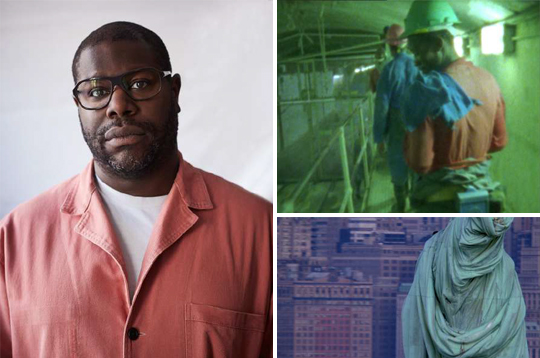
Steve McQueen
“Sunshine State” is curated by Vicente Todolí, organized in collaboration with Tate Modern London. The exhibition was first presented at Tate Modern in 2020 where it was curated by Clara Kim, The Daskalopoulous Senior Curator, International Art and Fiontan Moran, Assistant Curator, International Art.
Featuring works from across McQueen’s career, presented across the Navate space and the exterior of Pirelli HangarBicocca, the exhibition will also include the world premiere of the new video installation Sunshine State – a work that has been in the artist’s mind for more than twenty years, and commissioned by the International Film Festival Rotterdam (IFFR) 2022.
Lauded as one of the most important contemporary artists and filmmakers, Steve McQueen (London, 1969; lives and works in London and Amsterdam) has had a major influence on the way film is shown and understood. Taking a radical look at the human condition, its dramas and fragility, McQueen’s touching and thought-provoking work asks important questions about urgent issues, such as the construction of identity, belonging, and the right to freedom.
“Sunshine State” will present an immersive experience of Steve McQueen’s unique visual language. His work always aimed at understanding and penetrating reality and the deepest meaning of existence. The six film works in the exhibition are among the most important of McQueen’s career, representing free narrative models and unexpected points of view on wide-ranging, intersectional aspects of historical and contemporary social contexts.
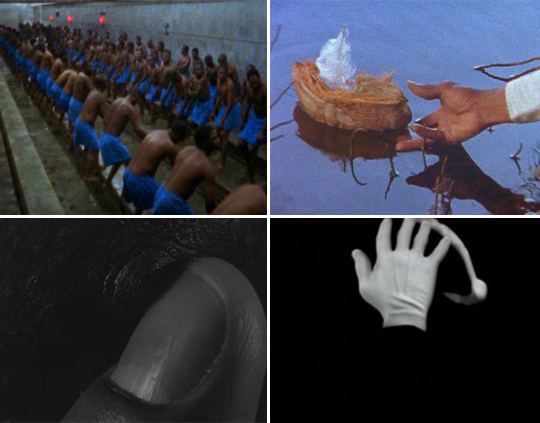
In a career spanning over 25 years, Steve McQueen has created some of the most significant works in the visual arts, using moving image as a sculptural form that moves in space and time. In 1999 he won the prestigious Turner Prize and has also directed four feature films: Widows (2018), 12 Years a Slave (2013), for which he won the Oscar for Best Picture, Shame (2010), and Hunger (2008), which earned him the Caméra d’Or at the Cannes Film Festival. In 2020 he also created Small Axe, his first five-episode mini-series and, most recently, a series of documentaries for the BBC, Uprising (2021), Black Power: A British Story of Resistance (2021) and Subnormal: A British Scandal (2021).
In McQueen’s work, the language of visual art and cinema combine to explore current, pressing issues such as race and post-colonialism. Starting from the experience and oppression of black and racialized communities, McQueen develops a broader reflection on human beings and their identity. In his experimental films and videos, McQueen poetically projects his own presence onto the subjects represented, emphasizing the close link between bodily existence and subjectivity, between reality and its representation.
Steve McQueen expanded his work within the exhibition spaces, creating a unique audio- visual experience for visitors. As the artist says: “I am not interested in manipulating people. The complete opposite. I am interested in a truth… the most horrific things sometimes happen in the most beautiful places… I cannot put a filter on life. It’s about not blinking.” In this way, McQueen also addresses the material and physical quality of moving images, raising questions about the ways in which the film medium can shape the surrounding environment and the viewer’s look, and in turn be modified by it.
The Exhibition
“Sunshine State” is curated by Vicente Todolí and organized in collaboration with Tate Modern, London, where the artist had presented a first version, titled “Steve McQueen,” from 13 February to 6 September 2020. For Pirelli HangarBicocca, McQueen has conceived a site- specific exhibition project and a new selection of works that unfolds in the Navate and Cubo spaces, and on the exterior of the building. Through a non-chronological layout, the exhibition aims to offer a survey of Steve McQueen’s career in the visual arts, highlighting the evolution of his practice over the last two decades. Taken together, the six film/video works presented here form a visual narrative, revealing the artist’s radical take on reality and offering an opportunity to imagine new readings of McQueen’s work.
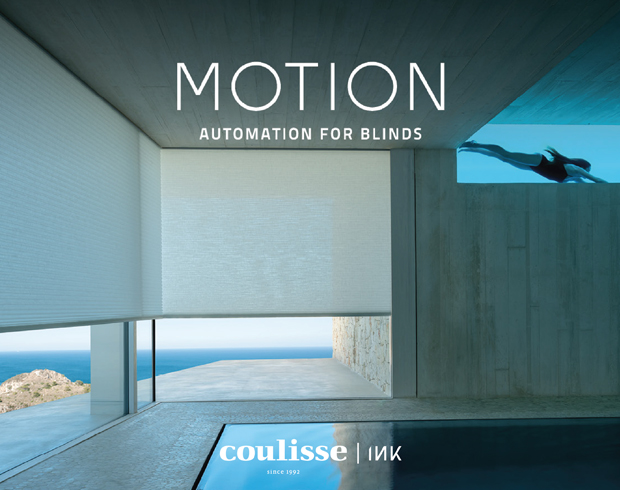
Presented by Coulisse | INK
The title of the exhibition evokes the artist’s new work, Sunshine State (2022), commissioned and produced by the International Film Festival Rotterdam (IFFR) 2022, which will have its world premiere at Pirelli HangarBicocca. The video is a reflection on the beginnings of Hollywood cinema and the influence that it has had on the perception of issues of identity.
The exhibition opens with Static (2009). Projected on a large, suspended screen at the center of the Piazza, aerial shots of the Statue of Liberty in New York alternate in rapid sequences. The disorienting close-up images of the monument question its symbolic function and capture the sense of instability and precarity of the Western world’s idea of individual freedom. The film is a counterpoint to the work presented in the Cubo, Western Deep (2002), which closes the exhibition. The film leads the viewer into the depths of the Tau Tona gold mine in South Africa, known as “Western Deep” during the apartheid era, and offers a bitter insight into the harsh working conditions of the miners. Shot on Super-8 mm film, the grainy footage shows a claustrophobic, dark setting that contrasts with the more open, allegorical vision of the former work.
The artist created Western Deep in conjunction with another film, Caribs’ Leap (2002). It is a two-part work: one part is broadcast on a LED screen of the exterior walls of the Navate, while the other is projected within the exhibition space. The title refers to the dramatic historical events of 1651, when the French conquered Grenada, the Caribbean island where McQueen’s parents are from. Rather than submit to the colonial government, some of the local resistance fighters and rebels threw themselves off a cliff (Caribs’ leap), choosing death over captivity and slavery. The film tackles the racialization and dehumanization of the black and native body, colonized and enslaved.
In Charlotte (2004) and Cold Breath (1999) Steve McQueen explores the body in its deepest intimacy and physicality. The first of the two works, shot on film, features a close-up of actress Charlotte Rampling’s eye. The artist’s finger enters the shot, momentarily touching the woman’s eyelid and pupil. McQueen invites viewers to become witnesses to this scene, emphasizing the voyeuristic aspects of the act of watching as a body is transformed from subject to physical, manipulable object. Similarly, Cold Breath shows the film-maker stroking, pulling and pinching his own nipple. The obsessive movement of the fingers exposes the thin line between desire and violence, between pleasure and pain.
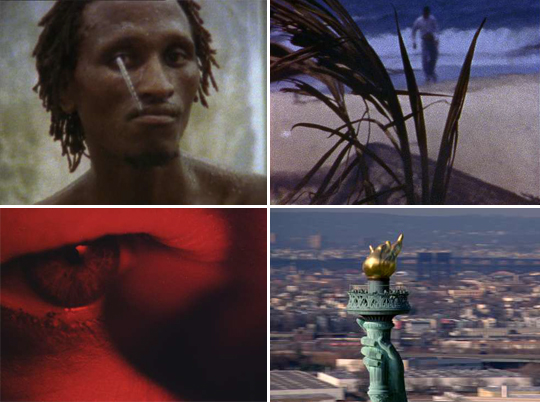
The exhibition will be accompanied by a new catalogue, designed by Irma Boom, on the artist’s production in the past twenty years, including extensive photographic documentation with contributions by Paul Gilroy, Cora Gilroy-Ware, Solveig Nelson and Hamza Walker. (Pirelli HangarBicocca)
About Steve McQueen
Steve McQueen’s works and solo shows have been presented at many institutions of international prominence, including Tate Modern, London (2020); Tate Britain, London (2019- 2021); MoMA Museum of Modern Art, New York, Institute of Contemporary Art, Boston (2017); Whitney Museum of American Art, New York (2016); Schaulager, Basel (2013); Art Institute of Chicago (2012); National Portrait Gallery, London (2010); Baltic Center for Contemporary Art, Gateshead (2008); The Renaissance Society, Chicago (2007); Fondazione Prada, Milan (2005); ARC, Musée d’Art Moderne de la Ville de Paris (2003); Museu Serralves, Porto, Fundació Antoni Tàpies, Barcelona (2002); Institute of Contemporary Arts, London, Kunsthalle Zürich (1999); Museum Boijmans van Beuningen, Rotterdam (1998); Portikus, Frankfurt (1997). McQueen has participated in two consecutive editions of documenta in Kassel (2002 and 1997), and four of the Venice Biennale (2015, 2013, 2007, and 2003), where he also represented Great Britain in 2009.
He has received a variety of awards, including the Johannes Vermeer Prize (2016), Harvard University, W.E.B. Du Bois Medal (2014), CBE (Commander of the Most Excellent Order of the British Empire) (2011), OBE (Officer of the Most Excellent Order of the British Empire) (2002), and the Turner Prize, Tate Gallery, London (1999). McQueen was also awarded the Caméra d’Or for Hunger at the Cannes Film Festival (2008) and the Best Picture Oscar for 12 Years a Slave in 2014.
 52
03/07/2025
52
03/07/2025
DARE TO LISTEN! JBL FESTIVAL SIAP MENGGUNCANG JAKARTA – 13 SEPTEMBER 2025
Dare to Listen! JBL Festival Siap Mengguncang Jakarta pada tanggal 13 September 2025 dengan kehadiran musisi papan atas: Slank, Ari Lasso, Tiara Andini,...
read more 72
03/07/2025
72
03/07/2025
CIERRE1972 (2025 COLLECTION) - COLLECTION25: PART 1
The 2025 Collection by Cierre1972, which was on display at Salone del Mobile 2025, combined Italian craftsmanship with a global appeal through its bold...
read more 12.08K
17/06/2025
12.08K
17/06/2025
JAIPUR RUGS X PETER D’ASCOLI PRESENTS THE GILDED AGE COLLECTION (2025)
The Gilded Age collection by Jaipur Rugs X Peter D’Ascoli channels the decadent glamour of 19th-century design into bold, hand-knotted rugs that exude...
read more 10.82K
12/06/2025
10.82K
12/06/2025
MOLTENI&C 2025 COLLECTION – THE COLLECTION BY YABU PUSHELBERG, GAMFRATESI, UNIFOR X LSM
MOLTENI&C 2025 COLLECTION – THE COLLECTION BY Yabu Pushelberg, GamFratesi, UniFor x LSM
read more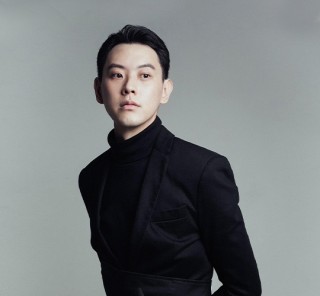 74.61K
10/01/2025
74.61K
10/01/2025
W RESIDENCE IN SOUTH JAKARTA BY MICHAEL CHANDRA
Michael Chandra, founder of MNCO Studio Design has created the W Residence with an aesthetically pleasing, practical, and pleasant home from all...
read more 33.42K
16/05/2017
33.42K
16/05/2017
A Spellbinding Dwelling
Rumah milik desainer fashion Sally Koeswanto, The Dharmawangsa kreasi dari Alex Bayusaputro meraih penghargaan prestisius Silver A’ Design Award 2017.
read more



